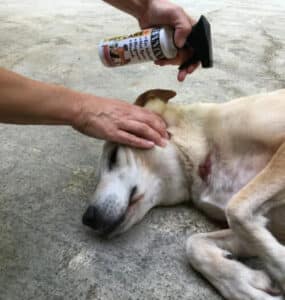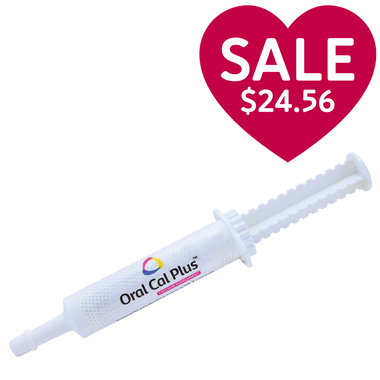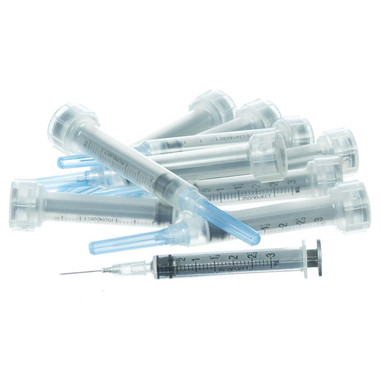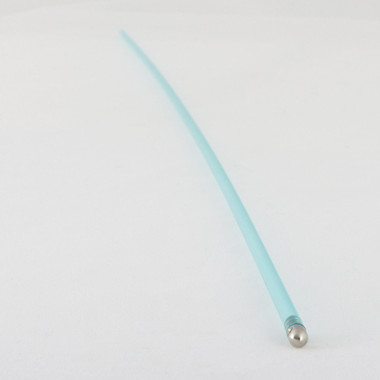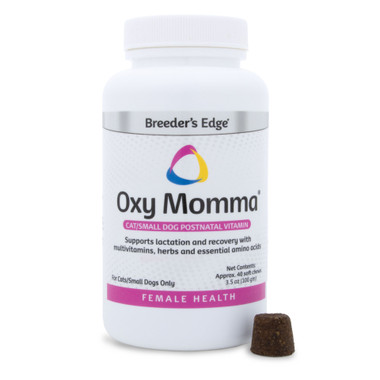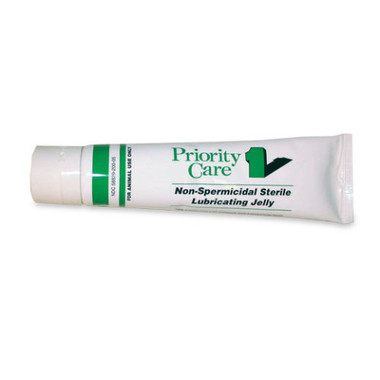Are your pets being poisoned by lawn chemicals?
Estimated 0 min read

Do you know what lawn chemicals your pets are exposed too?
Let’s say you live on a golf course. Or near a beautifully groomed park. Or you take your dog to a dog park. Or you and your neighbors take pride in your pristine lawns.
Idyllic settings – but watch out! There may be hidden dangers for your pets.
Thelawn chemicals used to create these environments pose risks to you dog or outdoor cat. Fertilizers, herbicides, insecticides and pesticides can be toxic in ways you probably don’t think about. If Fido or Socks like to roll around in the grass or chew, sniff, dig and sleep on it, beware. They will havelawn chemicalson their fur, paws, nose and more. Just imagine your cat ingesting it when she grooms herself, or your dog licking his paws after a playful romp on the lawn.
So, why does it matter? Read on…
What dangers lurk inlawn chemicals?
Anylawn care chemicalscan be toxic, depending on the animal’s size and how large the exposure.
As a result, here’s what can happen:
- Your pets can ingest themby licking their paws or eating grass, plants or soil that’s treated with lawn chemicals.
- These chemicals can be breathed in.Chemical fumes or granules can irritate the respiratory tract.Sinceyour pets are closer to the grass, the effect on them will most likely be worse than the effect on YOU.
- Direct skin contactwith the chemicals can cause skin irritation, rashes or burns.
- Acute poisoningcan occur with exposure to high levels of these chemicals in a short time.
- Chronic exposureover a long time, even at low levels, may increase the risk of cancers or kidney problems.
- Several studieshave shown that exposure to professionally applied lawn pesticides and herbicides can SIGNIFICANTLY increase the occurrence of cancers.

Make sure they are pet safe!
Are any lawn chemicals better than others?
Whether it’s fertilizers, herbicides, or pesticides, all of them contain stuff that is bad for your pets.
You may ask:How long after pesticide application is it safe for pets?Whilemost lawn fertilizers say they’re safe once they’re dry (around 48 hours after application), that may not hold true. Your dog can still ingest the chemicals left on the grass.
Are there anypet friendly pesticides?Althoughorganic fertilizers can be a better choice, they are not necessarily safe.On the contrary, some organic fertilizers contain animal products that your cat or dog might find tasty.Sodon’t let them near any bags in your garage or shed!
Truly, the only sure way to avoid the toxic stuff is to practicechemical free lawn care.
Symptoms of lawn fertilizer allergies or poisoning
If your pet gets mild exposure from walking on your lawn after treatment, he might experience irritation to the lungs, eyes, and feet. If he ingests the product by licking and chewing on his feet or eating the grass, he may experience the following symptoms:
- Abdominal pain
- Gastrointestinal upset (diarrhea or vomiting)
- Licking or chewing on feet
- Red, painful foot pads
- Anxiety
- Coughing or sneezing
- Excessive drooling
- Watery eyes and excessive blinking
- Lethargy and sleepiness
A larger exposure can cause much worse symptoms. This would be if you dog or cat gets into a bag of fertilizer and eats some of it.Such a situation could cause tremors and seizures, abnormal heart rate, frequent urination and more.
If your pet exhibits any of these symptoms, call your vet immediately and get medical attention.In addition,take a photo of the type of fertilizer your pet ate and send it to the vet. This will help with decisions on treatment and recovery.

Go for walks in natural looking parks
How to reduce the risk
There are some things you can do as a pet parent to lower the chance your beloved pal will suffer fromlawn chemicalexposure:
- Avoid walking your dog in areas that are perfectly manicured, like parks and golf courses. If they’re green and beautiful in summer time, they have likely been treated.
- If possible, find out the herbicide and pesticide application schedules of common lawns like parks, golf courses, etc. Stay away from them for at least 48 hours to let the chemicals dry. Watch for those yellow “lawn just treated” flags, too.
- If you’re treating your own lawn, read the labels to check for pet safety instructions. And buy the ones labeled “pet-safe” if possible – those aren’t perfect but are better than others.
- Use these chemicals sparingly or not at all.Even more,ask your home owners association (If you have one) to tell your neighbors to do the same.
- Keep all lawn chemicals in safe storage where your pets can’t access them.
If you do end up walking through or playing in an area where chemicals have been applied recently:
- Wash your pawsome pal’s feet with soap and water before she can lick and ingest the chemicals. If she was rolling around or digging, wash the whole animal!
- Leave your own shoes outside or by the door so you don’t track chemicals into the house.
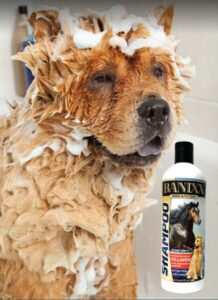
Bathe your pet withBanixx shampoo
How to treat pets with reactions tolawn chemicals
For relatively mild exposures,your vet will recommend treatments to reduce itching. These could include corticosteroid cream andhypoallergenic shampoos.Banixx Pet Care Sprayis designed to help get rid of the itching, as well as heal any secondary infections that result from aggressive licking and scratching.
In severe cases,intravenous fluids may be needed until your vet is sure the fertilizer has been flushed from your pet’s system. If your vet thinks there may be organ damage, he may recommend 2-3 days in the hospital for observation.
In conclusion…
Being “out in nature” is wonderful, and your dog or outdoor cat probably really enjoys it.Butsometimes when nature is “enhanced” with chemical treatments, it causes problems for our furry friends. Reduce their exposure to lawn chemicals by being aware of the dangers and taking measures to avoid them. As a loving pet parent, you’ll feel good about enhancing their health and well-being.
Banixx Pet Spray
The constant itching, scratching, and biting that can be part of a lawn chemical allergy can make your pet – and YOU – miserable. Worse, it can lead to pain and infection that exacerbates the problem.
Banixx Pet Careis a comprehensive home remedy that combats any itchy skin issues in dogs or cats. Its unique pH solution creates an inhospitable environment for fungus or bacterial growth. This promotes healing and preventing of nasty secondary infections. This easy-to-apply spray is:
- Non-toxic
- Free of any steroids or antibiotics
- Safe to use around your dog’s eyes and mouth
- Non-oily and non-sticky (bonus points for no mess on your furniture or carpets!)
- Guaranteed to produce no burning sensation upon application
- Completely free of any clinical odor which might cause discomfort for your pet
Find out morehere.
We hope you’ll continue to come back and visit our blog soon to learn more about how to keep your pet happy and healthy. On the other hand, if you ever wondered about other dog matters such asHow long can my do go without peeing? Or why does mydog insist on drinking from the toilet? Well as you can see, we’ve got that covered too! Enjoy!
Sources:
https://www.whole-dog-journal.com/health/studies-have-linked-lawn-pesticides-with-canine-malignant-lymphoma/
https://www.humanesociety.org/news/dogs-lawn-care-and-cancer
https://www.groundsguys.com/blog/2021/may/can-lawn-fertilizer-hurt-my-pet-/
https://wagwalking.com/condition/lawn-fertilizer-allergies



